The Enchanting City of Salalah: A Cultural and Natural Jewel of Oman
Nestled in the southern part of Oman, Salalah stands as a testament to the striking confluence of natural beauty and rich cultural heritage. As the capital of the Dhofar Governorate, Salalah is often celebrated for its lush landscapes, unique climatic features, and a vibrant history that places it among the must-visit destinations in the Middle East. This article explores the captivating allure of Salalah, drawing upon its history, culture, and geographical marvels.
A Historical Overview of Salalah
The history of Salalah is deeply intertwined with the broader narrative of Oman and the Arabian Peninsula. The region has been inhabited for centuries, serving as a strategic hub for maritime and land trade routes. Historically, Salalah was known for its role in the frankincense trade, a precious commodity that was once more valuable than gold. This ancient trade link attracted merchants from across the globe and significantly contributed to the city’s historical tapestry.
One of the notable historical sites in Salalah is the Al-Baleed Archaeological Park. Designated as a UNESCO World Heritage Site, this location offers a glimpse into the ancient city's past. Al-Baleed was once a prosperous port city, known to have flourished during the Islamic period due to its strategic position on the Indian Ocean trade routes. Today, visitors can explore the ruins of this ancient city and the accompanying Frankincense Land Museum, which provide insights into the region's trading history and cultural evolution.
Salalah's Unique Climate and Natural Beauty
A defining feature of Salalah is its unique climate, particularly during the monsoon season known as the Khareef. Unlike the arid landscapes typically associated with the Arabian Peninsula, Salalah transforms into a lush, green oasis during this time. The Khareef season, which occurs between June and September, is characterized by cooler temperatures, mist, and drizzling rains that rejuvenate the area's flora and fauna, making it a paradise for nature lovers.
Salalah’s natural beauty is further accentuated by its stunning landscapes, which include pristine beaches, rolling hills, and picturesque valleys. One of the most notable attractions is Wadi Darbat, a valley that features cascading waterfalls, verdant vegetation, and serene picnic spots. It is a popular destination for both locals and tourists seeking escape from the hustle and bustle of city life into the tranquility of nature.
Additionally, Salalah's coastline is a major draw for visitors. The shores of Al Mughsail Beach, with their white sand and dramatic cliffs, offer breathtaking views of the Arabian Sea. This area is also home to the famous blowholes or "Al Marneef Cave," where waves crashing against the cliffs create a natural spectacle that captivates onlookers.
Cultural Richness and Traditions
The cultural milieu of Salalah is as vibrant as its natural landscape. The city is home to a diverse population, with local customs and traditions reflecting a blend of Arab and East African influences. This cultural diversity is showcased in various aspects of life, including music, dance, and cuisine.
A prominent cultural event in Salalah is the annual Khareef Festival. This event, which coincides with the monsoon season, celebrates the region's unique climate and cultural heritage. The festival features traditional Omani music and dance performances, exhibitions of local handicrafts, and a showcase of Omani cuisine, providing a comprehensive experience of the city's dynamic culture.
Another aspect of Salalah's cultural identity is its cuisine, which is rich in flavors and influenced by the city’s historical trade connections. Spices such as cardamom, saffron, and cinnamon play a significant role in local dishes. Some popular specialties include Shuwa, a slow-cooked lamb dish, and Majboos, a rice and meat platter infused with aromatic spices.
In summary, Salalah is a remarkable blend of natural wonder and cultural depth. From its historical significance as a trade hub to its lush landscapes that stand out within the region, it offers travelers an opportunity to explore a lesser-known yet profoundly enriching Middle Eastern destination. In the following sections, we will delve deeper into other facets of Salalah, including its economy, tourism, and modern-day life.
Economic Landscape and Tourism in Salalah
Salalah's economy is a fascinating blend of traditional industries and modern development. Historically, the city’s economic vitality was fueled by the trade of frankincense, a highly coveted resin derived from Boswellia trees native to the Dhofar region. The legacy of frankincense trade continues to influence Salalah's economy today, positioning it as an attraction for those fascinated by ancient trade routes and natural products.
In contemporary times, Salalah has embraced diversification, with tourism playing an increasingly pivotal role in the local economy. The city's unique climate, historical significance, and stunning natural landscapes have drawn attention from tourists worldwide, particularly during the Khareef season. This influx of visitors has catalyzed the development of hospitality services, including luxurious resorts, hotels, and restaurants that cater to a wide array of preferences and budgets.
Infrastructure has seen major improvements to accommodate the rising number of tourists. The Salalah International Airport, which opened a new terminal in 2015, now supports direct international flights, making the city more accessible to global travelers. Additionally, the Port of Salalah, one of the largest in the Middle East, not only bolsters the local economy through trade but also serves as a docking point for luxury cruise ships, further enhancing Salalah's reputation as a travel destination.
Moreover, the development of eco-tourism initiatives has underscored Salalah's commitment to sustainable tourism, emphasizing the importance of conserving the natural beauty that attracts visitors. Local tour operators offer environmentally conscious tour packages that highlight the region’s rich biodiversity, inviting tourists to explore responsibly and respect the ecological balance.
Modern-Day Life and Urban Development
Salalah's urban landscape reflects a harmonious fusion of tradition and modernity. The city is witnessing a steady transformation, with urban development projects enhancing living standards while preserving the cultural essence that defines Salalah. Modern infrastructure coexists with traditional Omani architecture, a testament to the city's reverence for its roots amidst progress.
Education and healthcare facilities in Salalah have seen significant advancement, with both public and private institutions offering quality services. The presence of Sultan Qaboos Hospital symbolizes the city's effort to provide comprehensive healthcare to its residents. Likewise, educational facilities are expanding, with institutions like Dhofar University contributing to the development of a knowledgeable and skilled populace prepared to engage with global opportunities.
Community life in Salalah is vibrant and closely knit, characterized by a warm and welcoming atmosphere. Souqs, or traditional markets, continue to be central to daily life, serving as hubs for both commerce and social interaction. Here, locals and tourists alike can immerse themselves in the rich aromas of spices, the intricate designs of Omani handicrafts, and the lively exchanges between vendors and patrons.
Furthermore, the city places a strong emphasis on cultural preservation, evident in establishments like the Museum of the Frankincense Land, which preserves and presents the cultural narrative of the Dhofar region. The museum not only serves as a cultural repository but also stands as an educational platform for both visitors and locals to learn about the region’s heritage.
The Future of Salalah
Looking towards the future, Salalah is poised to continue its growth as a key cultural and economic hub in Oman. The city's strategic initiatives focus on sustainable development, ensuring that both economic growth and environmental conservation are pursued in tandem. This forward-thinking approach aims to foster a harmonious relationship between modern development and the rich natural and cultural resources that define the region.
Investment in renewable energy, particularly wind and solar, is likely to play a role in the city’s future development plans, considering Salalah’s unique climatic conditions. Such projects not only promise to boost the local economy but also reinforce Salalah’s position as a leader in sustainable urban development.
The challenges that come with growth are not lost on Salalah’s planners and leaders, who recognize the importance of maintaining cultural integrity and ecological balance amid modernization. Efforts to preserve the unique flora and fauna of Dhofar, along with the local traditions and customs, will be paramount to sustaining Salalah’s authenticity as it navigates the complexities of a globalized world.
In conclusion, Salalah emerges as a city of contrasts yet equilibrium—a place where the echoes of history resonate against the backdrop of modern ambition. It is a destination that seamlessly marries the past with the present, offering an experience that is as enriching as it is diverse. The city’s evolution, anchored in its deep-seated respect for nature and heritage, is set to captivate the hearts and minds of those who visit, inviting them to be part of its ongoing story. The next phase of our exploration will further delve into the cultural narratives and interpersonal experiences that make Salalah an unparalleled gem in the crown of Oman.
Exploring the Cultural Tapestry of Salalah
As we delve deeper into the cultural fabric of Salalah, it becomes evident that the city is a vibrant mosaic of traditions, languages, and customs. The complex interplay of history and modern influences shapes daily life and community interactions, creating a rich cultural experience for both locals and visitors.
One of the most distinct features of Salalah's cultural landscape is its music and dance, which are essential elements of social and festive occasions. The sounds of traditional Omani instruments, such as the tanbura and the oud, often resonate through the city, accompanying traditional dances like the Al Azi and Al Razha. These cultural expressions are not only forms of entertainment but also serve as vital links to the city's past, reflecting stories and themes from Omani folklore and history.
The linguistic landscape of Salalah is equally rich. While Arabic is the predominant language, reflecting the city's historical ties to the Arab world, native languages from the Dhofar region such as Jebbali (also known as Shehri) are still spoken, keeping the unique cultural heritage of the region alive. Additionally, Swahili influences are found in the local dialects, a linguistic reminder of Salalah’s historical interactions with East Africa.
The Role of Festivals in Salalah
Festivals in Salalah are key to understanding the community spirit and cultural festivities that define the city. Beyond the renowned Khareef Festival, the Celebration of Oman’s National Day is another significant event. Held every year on the 18th of November, the day is marked with parades, fireworks, and a variety of cultural activities that showcase national pride and cultural heritage.
Islamic festivals such as Eid al-Fitr and Eid al-Adha are also celebrated with great enthusiasm in Salalah. During these times, families come together to share meals, offer prayers, and engage in charity, emphasizing communal bonds and religious devotion. These festivals provide an opportunity for visitors to partake in local customs and experience the warmth and hospitality that are intrinsic to Omani culture.
The inclusion of diverse festival activities ensures that cultural events in Salalah remain relevant and appealing not only to locals but also to the global audience. This strategic blending of traditional and contemporary offerings is likely to cement Salalah’s standing as a cultural beacon within the region for years to come.
The Warmth of Salalah: A Personal Experience
For those venturing to Salalah, the city promises not just sights but also heartfelt human connections. Interactions with the local populace reveal the true essence of Salalah: a community deeply proud of its heritage yet welcoming of new experiences and people.
Visitors often remark on the genuine hospitality of the locals, who are eager to share their stories, culture, and culinary specialties with guests. Whether it’s being invited to share a meal in a local’s home, or joining a community dance during a festive occasion, these personal interactions often leave a lasting imprint far beyond the physical beauty of Salalah.
The sensory experiences of Salalah add further depth to the visit. The aromatic allure of frankincense wafting through the souqs, the sight of the misty Khareef enveloping the lush landscapes, and the rhythmic beats of traditional music create a tapestry of experiences that engage and mesmerize all who visit.
Final Reflections on Salalah
In concluding the exploration of Salalah, it becomes clear that the city is far more than the sum of its parts. It stands as a dynamic testament to the ways in which tradition can coexist with advancement, maintaining a delicate balance between honoring its past and forging its future. The myriad influences that shape Salalah have created a city that offers a unique narrative, rich with history, culture, and warmth.
As Salalah continues to grow and evolve, it remains a place where stories are told in the embrace of nature, where the past echoes in every dance, and where the future is as bright as the smiles of its people. Its allure lies in the seamless blend of breathtaking landscapes, cultural richness, and the enduring spirit of hospitality. For travelers seeking an authentic Middle Eastern experience, Salalah offers an unparalleled journey through the heart of Oman.
Whether one is drawn by the promise of lush monsoon greenery, the allure of historical exploration, or the simple pleasure of sharing in local traditions, Salalah is a destination that promises an unforgettable adventure. As more discover its offerings, Salalah’s legacy as a cultural and natural jewel is poised to grow, captivating the imaginations and hearts of travelers from around the world, leaving them with memories that linger long after they've left its shores.



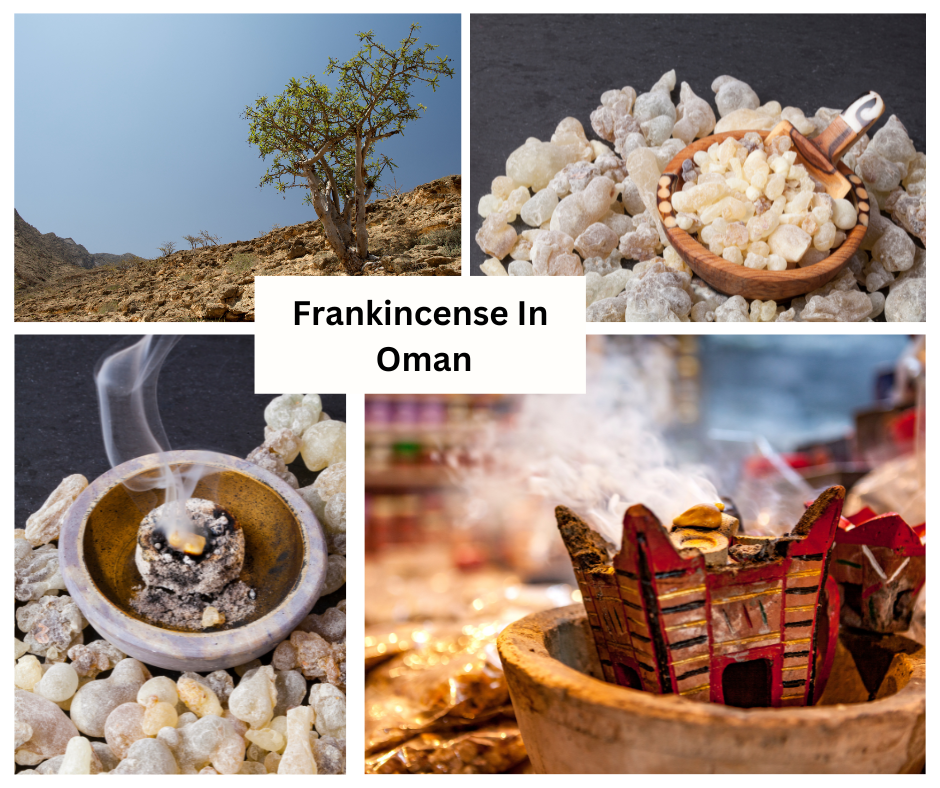
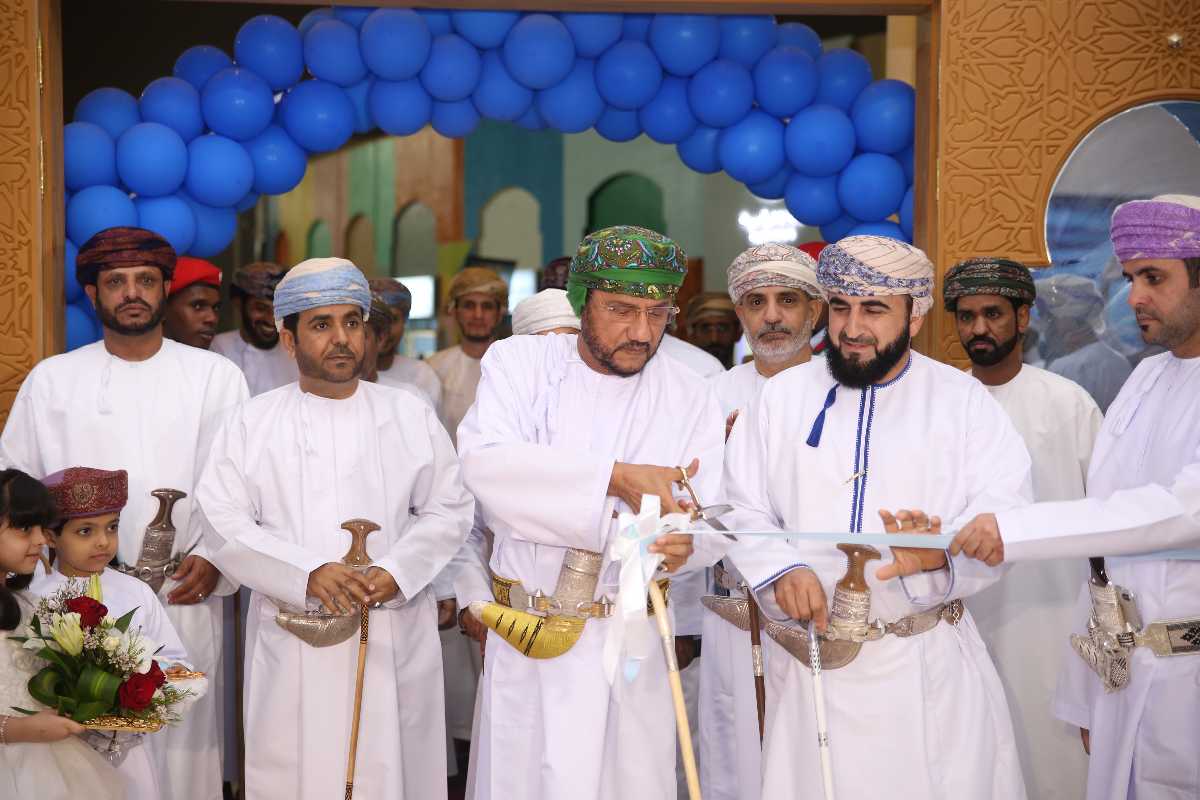



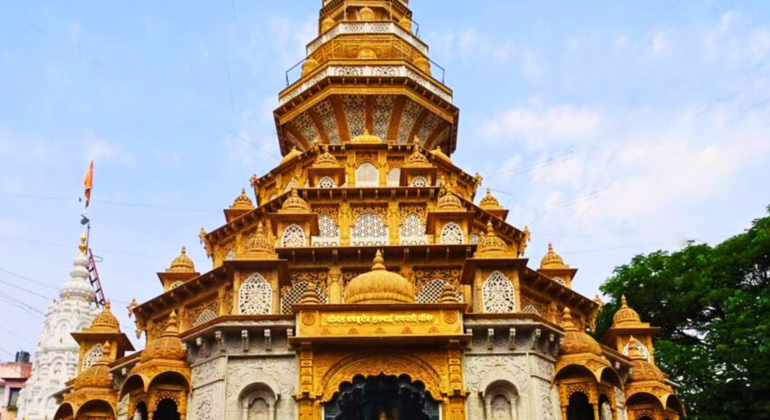
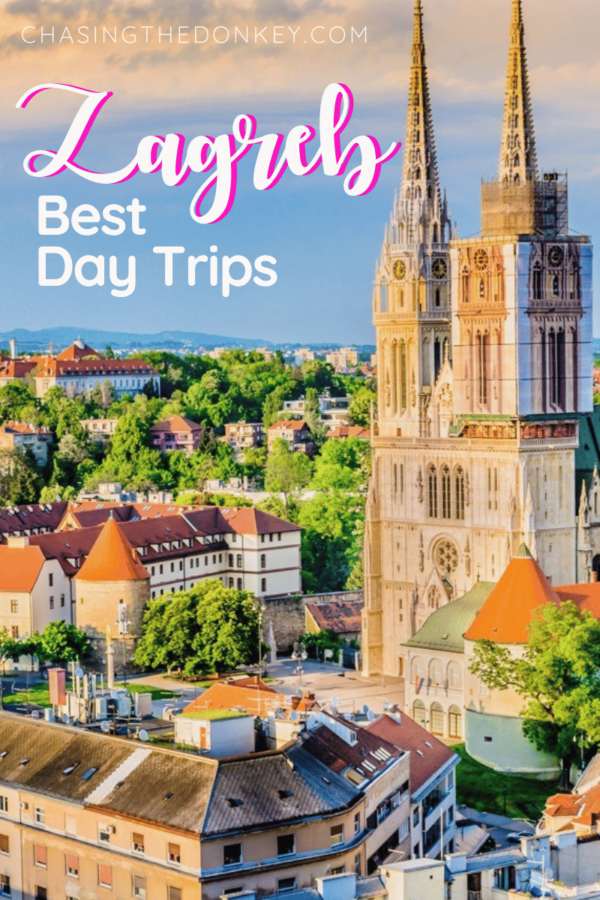

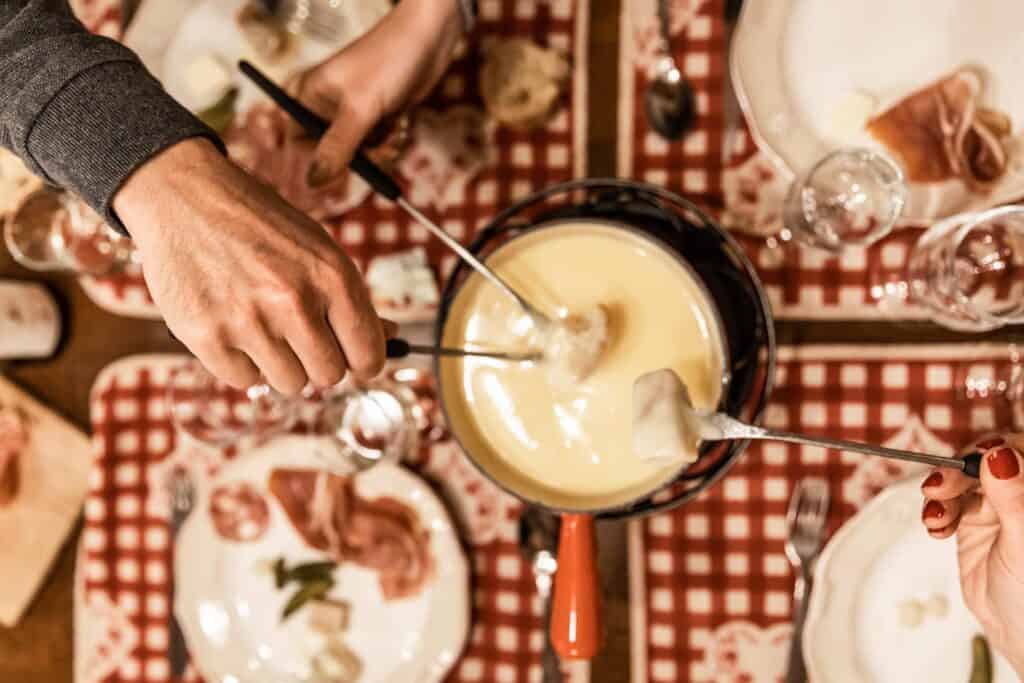

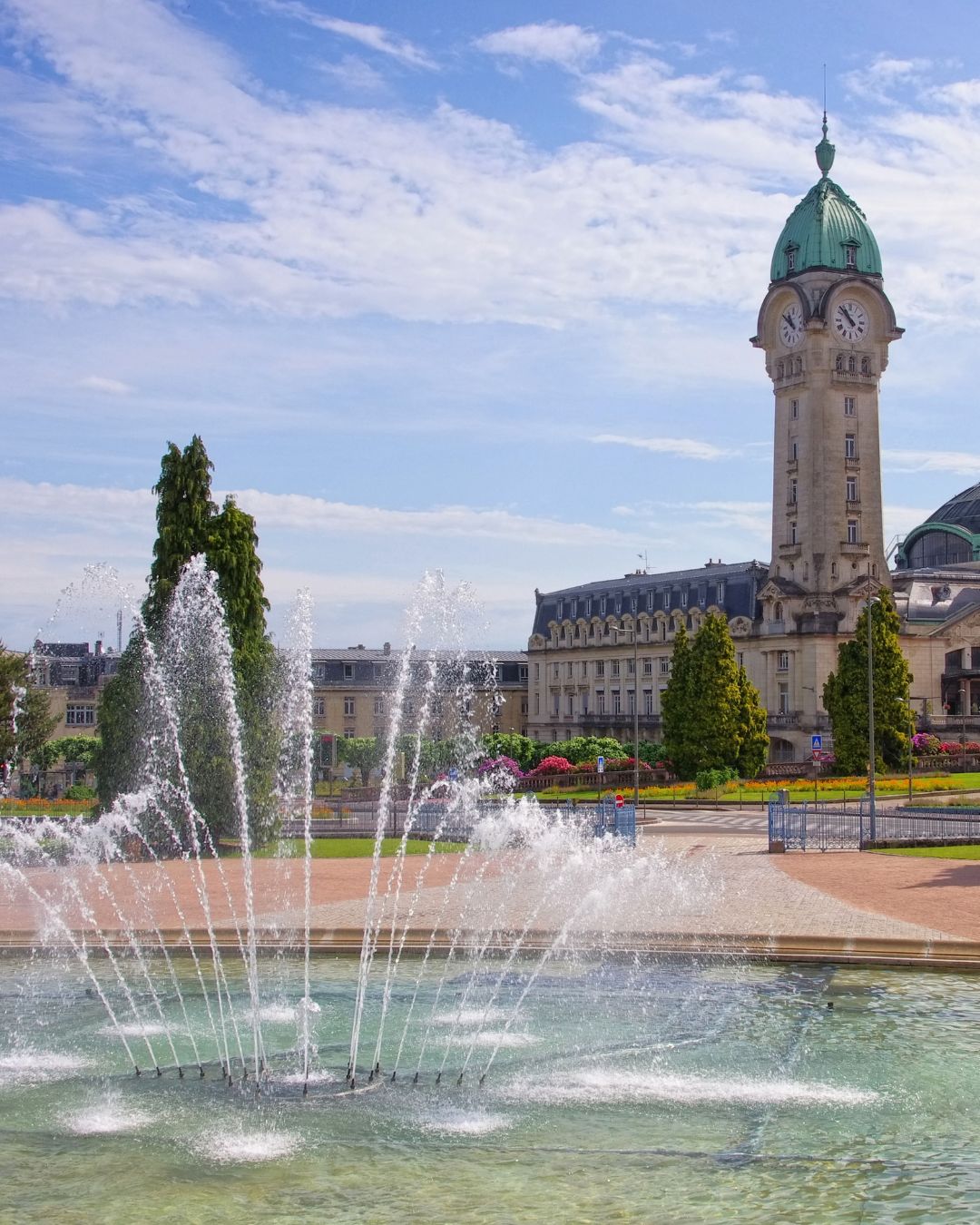
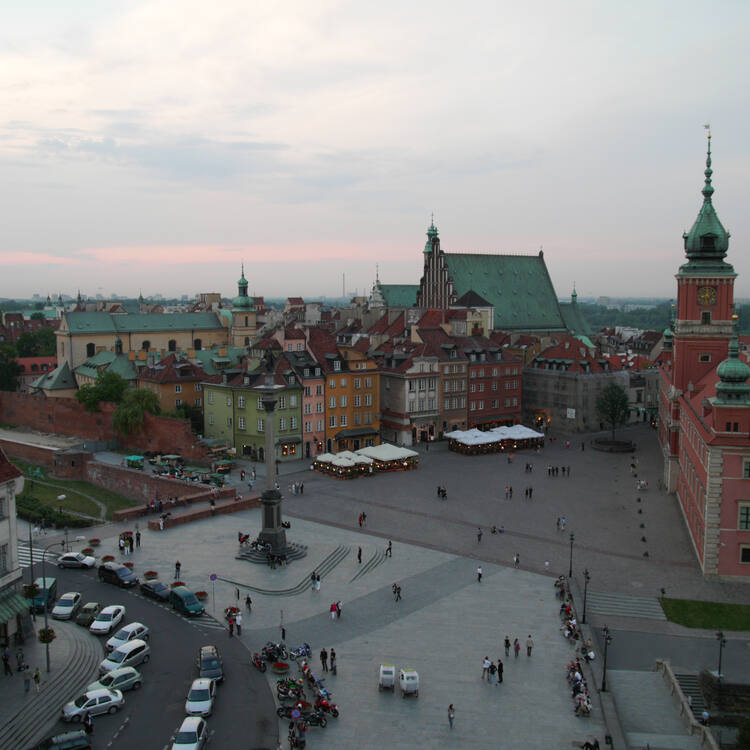


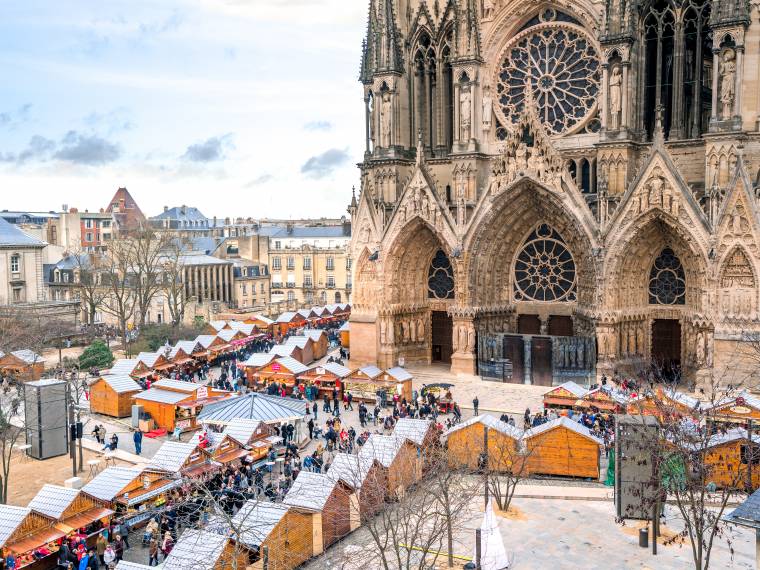

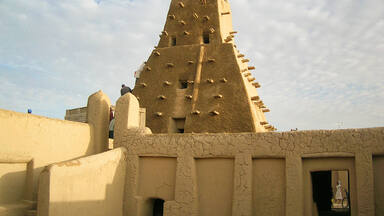

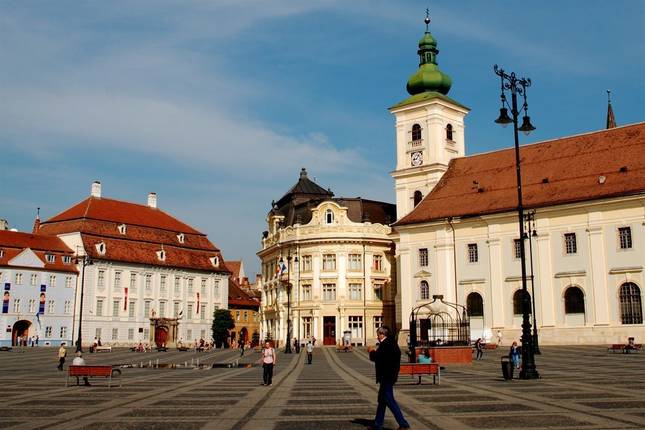
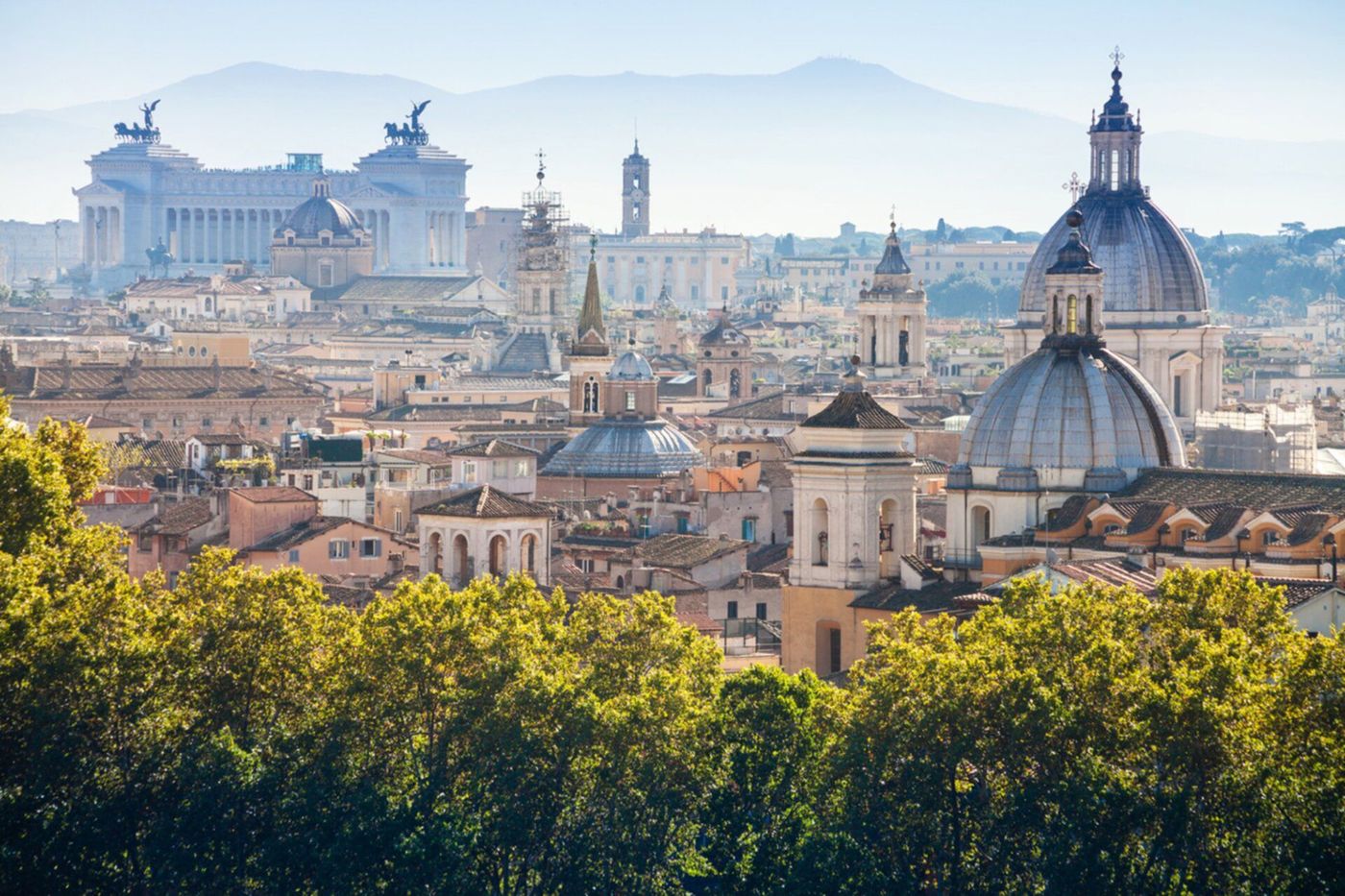


Comments